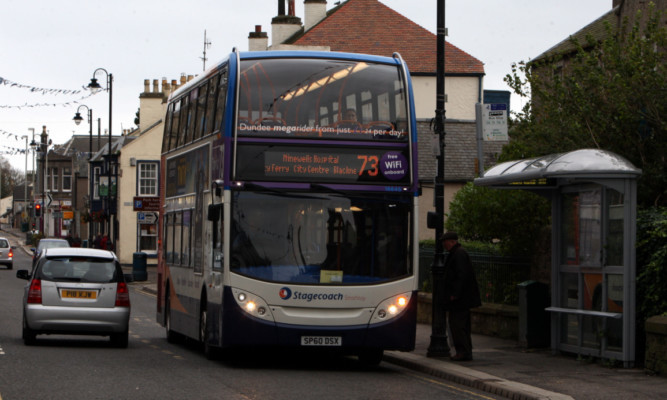Britain’s five major public transport operators have revealed plans for contactless ticketing for millions of UK bus passengers.
The ambition is to install EMV technology in more than 32,000 buses operating on routes outside of London which already has a contactless enabled fleet by 2022.
Stagecoach, First Bus, National Express, Go-Ahead and Arriva have all signed up to the plan which will require tens of millions of pounds of private and public investment and a business case will be brought forward by late spring.
The scheme will primarily offer bus passengers the option of cashless bus travel but will also accommodate capped pay-as-you-go fares in all urban areas.
The development of the contactless plan follows the introduction of smart multi-operator bus ticketing in all nine of England’s smart city regions.
A similar project is now under way in Scotland to deliver the same benefits to Dundee, Glasgow, Edinburgh and Aberdeen.
Robert Montgomery, Stagecoach UK Bus managing director and chair of the major operators’ steering group on smart ticketing, said: “This contactless initiative would be the biggest smart ticketing project ever delivered in Britain and a major milestone in providing simpler travel for the millions of people who rely on buses.
“Smart bus ticketing is already widespread across the UK, with ourselves and Go-Ahead having over 1.5 million smartcards in circulation. New technology has brought new opportunities to deliver even simpler, faster and more integrated travel using contactless debit and credit cards.
“This is an ambitious programme that needs careful planning and close partnership working both between operators and with local authorities.
“We are serious about transforming travel for passengers with this initiative, which would be funded predominantly by Britain’s bus companies, working in partnership with transport authorities. It demonstrates how central the private sector is to delivering the vital investment needed to improve bus services for customers and meet the social and economic aspirations of communities across the country.”
Melanie Johnson, chair of the UK Cards Association, said: “Our collaborative project with the transport industry aims to transform the way customers pay for their travel and supports the government’s objectives. This framework sets out how contactless payments can be used to support any journey.”
